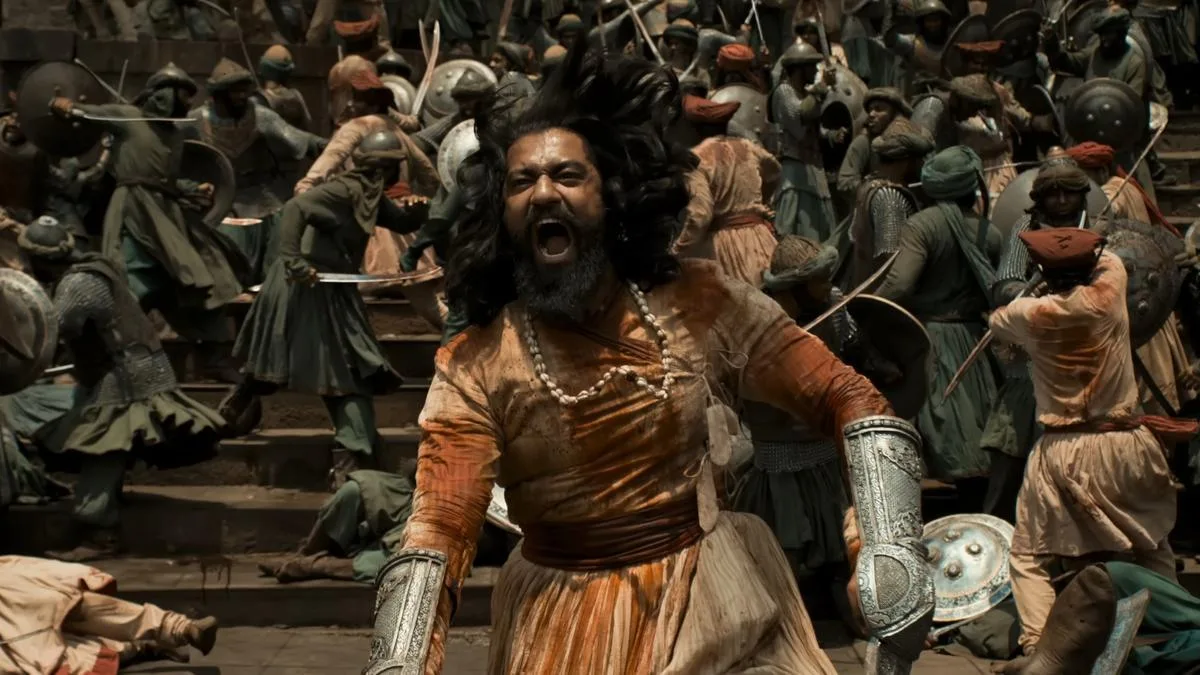Bollywood actress Swara Bhasker has stirred debate by questioning the contrasting public reactions to Vicky Kaushal’s latest film, Chhaava, and the recent Maha Kumbh stampede in Prayagraj. In a social media post on X, she highlighted the disparity in outrage between the film’s depiction of historical events and the relative silence over the tragic loss of lives in the January 29 stampede.

On Wednesday, Bhasker expressed her concerns about societal priorities, noting how audiences appeared more affected by Chhaava’s portrayal of historical torture than by the real-life deaths at the religious gathering. Without directly naming the film or its lead actor, she wrote, “A society that is more enraged at the heavily embellished partly fictionalised filmy torture of Hindus from 500 years ago than they are at the horrendous death by stampede & mismanagement + then alleged JCB bulldozer handling of corpses – is a brain & soul-dead society. #IYKYK (sic).”
A society that is more enraged at the heavily embellished partly fictionalised filmy torture of Hindus from 500 years ago than they are at the horrendous death by stampede & mismanagement + then alleged JCB bulldozer handling of corpses – is a brain & soul-dead society. #IYKYK
— Swara Bhasker (@ReallySwara) February 18, 2025
Her remarks seemingly referenced viral videos of emotional audience reactions to Chhaava’s climax, which depicts the torture and execution of Chhatrapati Sambhaji Maharaj by Mughal Emperor Aurangzeb. The film centred on the Maratha warrior’s legacy, has been widely discussed for its dramatized portrayal of history.

Mixed Reactions on Social Media
Bhasker’s statement sparked a polarizing debate online. While some users supported her viewpoint, questioning why historical dramatisation evoked stronger emotions than contemporary tragedies, others accused her of downplaying past events. Critics argued that history holds deep cultural significance and should not be compared to present-day incidents, while supporters of Bhasker’s stance emphasized the need for empathy toward real-life suffering.

The discussion quickly gained momentum, with users weighing in on broader issues of historical narratives, media influence, and collective societal responses to tragedies. While Bhasker is known for her outspoken political and social views, her latest comments have once again positioned her at the center of a heated national conversation.



